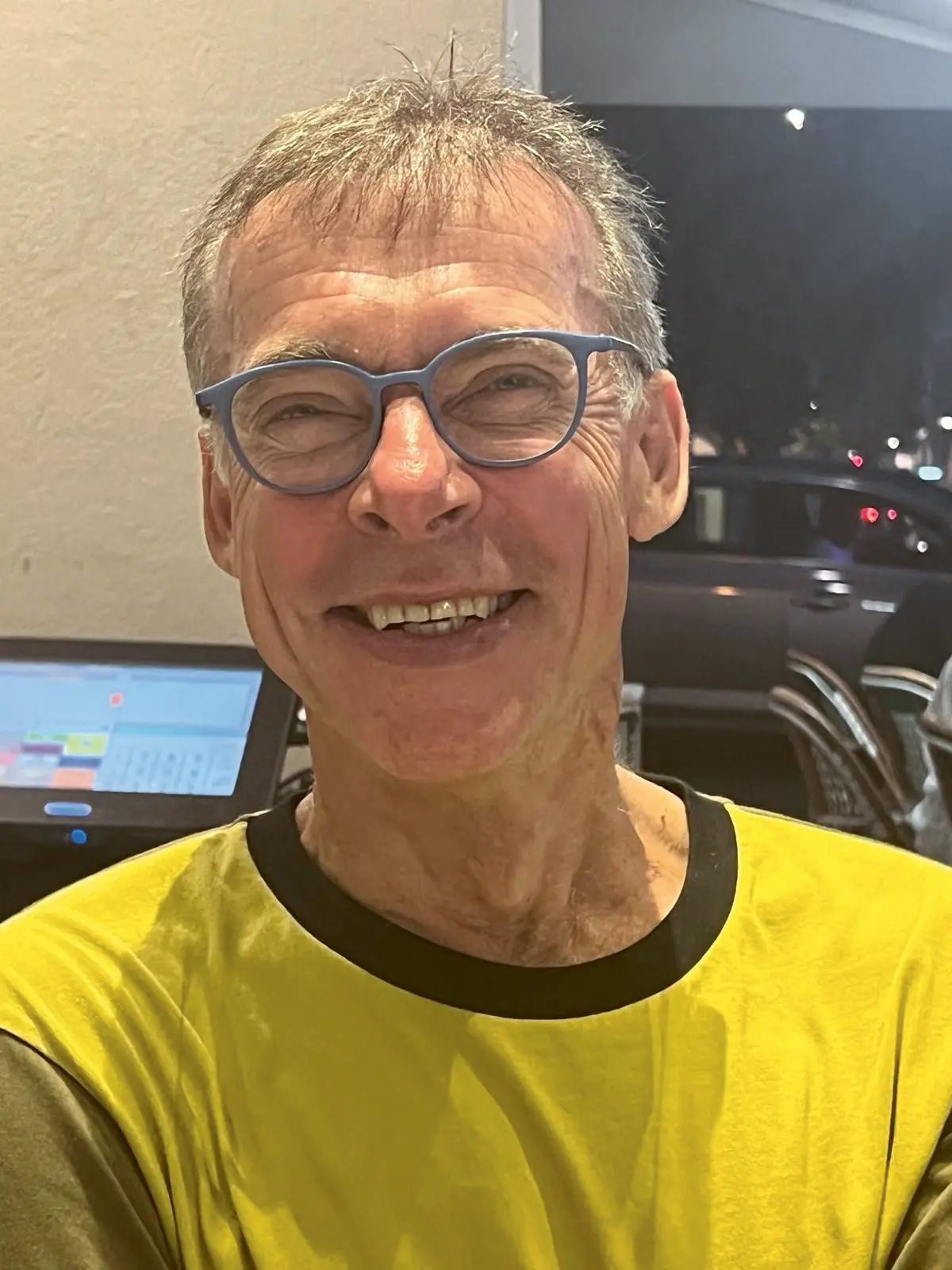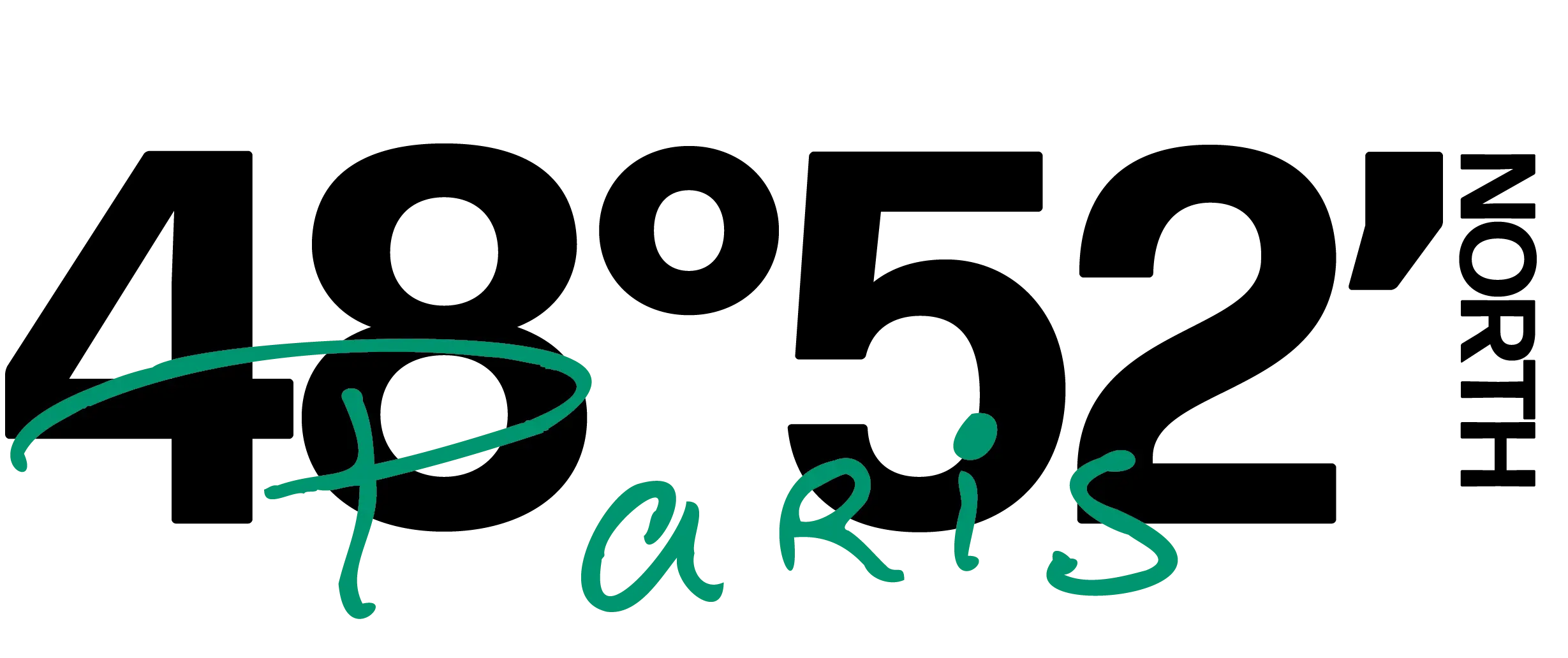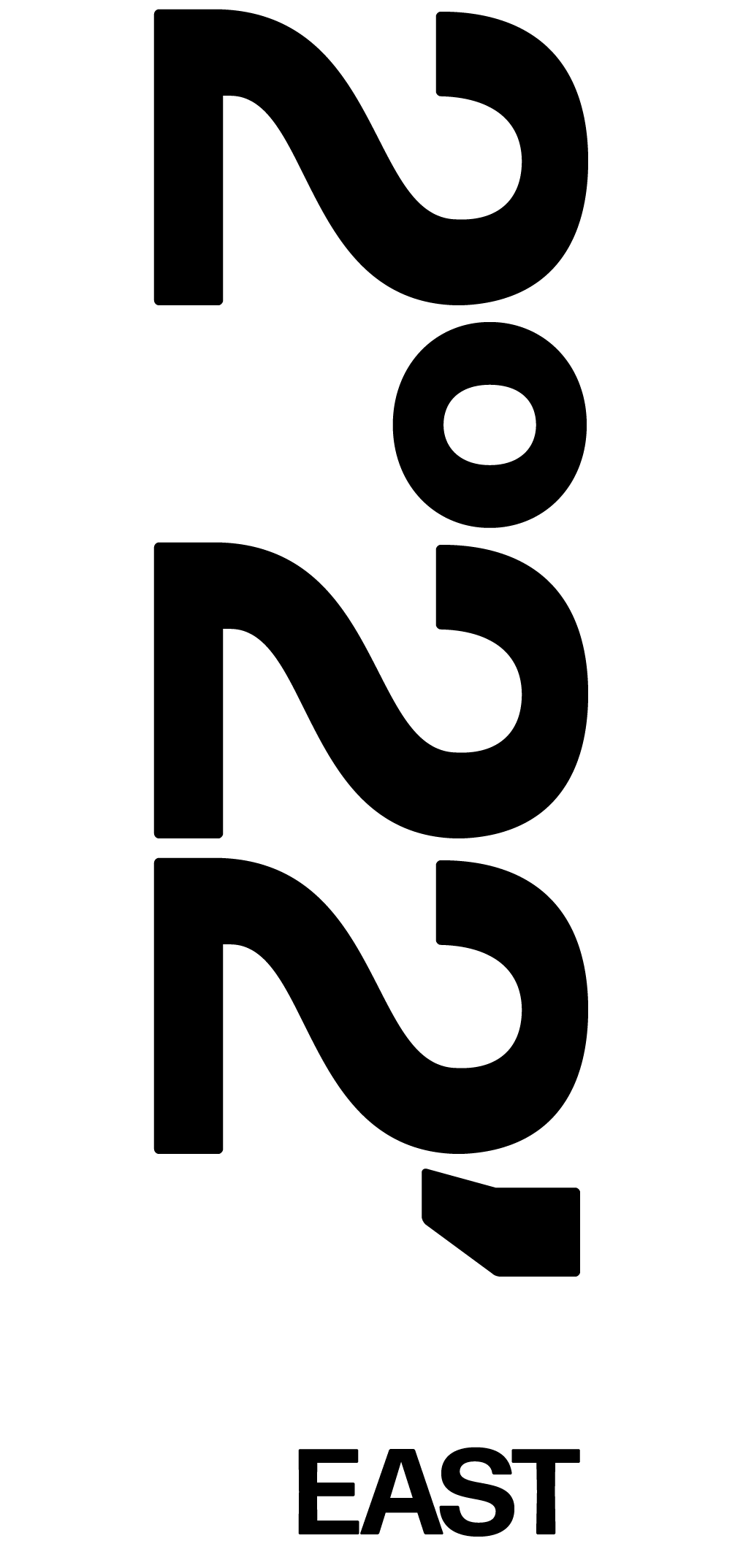
‘I always liked hiring Delft graduates, because I knew what quality to expect’

Text Dayinta Perrier
© Arjan Angenent
For Arjan Angenent a university education was never a foregone conclusion. His brother-in-law, who worked in electronics, inspired him to study electrical engineering at Delft. After graduation, the young engineer left the country to embark on an international career. Now, more than 40 years later, he is a freelance consultant based in Paris.
“I’d always wanted to live somewhere I could see the horizon,” says electrical engineering alumnus Arjan Angenent. “I felt trapped in the Netherlands.” This desire sparked Angenent’s ambition to embark on an international career after reading electrical engineering at TU Delft. “My parents grew up in the war, so neither of them had the chance to go to university,” says Angenent. “I’m tremendously grateful that they did give me the opportunity.” Angenent opted to go into telecommunications, a field undergoing rapid change in the 1980s. “TU Delft gave me a good theoretical foundation,” he says. “In the final year, it was time to learn the tricks of the trade in practice.” For his graduation project, Angenent went to former state-owned telecommunications company PTT (now KPN), where he got his first job after graduating.
From supplier to customer
After two years, he received an offer from IBM Netherlands, where he began his international career with several telecommunications projects. He then relocated to southern France to work for IT company SITA, developing and selling network services. SITA first sent him off on a two-year spell in United States, followed by two years in Paris. He returned to IBM and started working in IT outsourcing: providing IT infrastructures as a service, such as computers, servers and applications. While customers got to use the services, they were still managed by the vendor. “The process of selling an outsourcing deal takes several months and consists of making various proposals, negotiations and, if successful, signing contracts,” Angenent explains. “Ultimately, it comes down to landing a customer willing to leave their IT infrastructure to your company. It’s a tough business, because the company only gets paid if you manage to land the customer.”
Angenent spent some 24 years in this business and still lives in Paris to this day, having chosen to stay for his family. “I like the French culture, they’re a bit more diplomatic than the Dutch. Dutch people tend to speak their mind and are very up front about their opinions. In France, people would ask you enough questions to ultimately find out what your stance is.” Angenent is currently a freelance consultant for companies issuing tenders for potential suppliers. “For years, I represented the vendors vying for a contract,” Angenent remarks, “But now I’m on the other side, advising companies how to find the best supplier.”
Delft quality
When he relocated to Paris, Angenent got back in touch with TU Delft again. “After I graduated, my relationship with the university was put on the back burner. But when I reached a position that let me bring in new hires, I contacted my old faculty. I always liked hiring Delft graduates, because I knew what quality to expect”, he explains. “I’m now a mentor for Delft students in Paris and organise events for alumni.” Angenent organises TU Delft events and the monthly Dutch get-together in Paris. “French people are very focused on their own country and language, so the events are a welcome opportunity to speak Dutch again,” he says. Now that Angenent’s children are old enough, he is planning a move to Cannes. “Paris is a beautiful city to visit, but a busy city to live in,” he explains. “In Cannes, I’ll be able to work on a wide array of challenging assignments as a freelancer, including AI projects at Maison de l’Intelligence Artificielle. Plus, I’ll be able to see the horizon again.”

